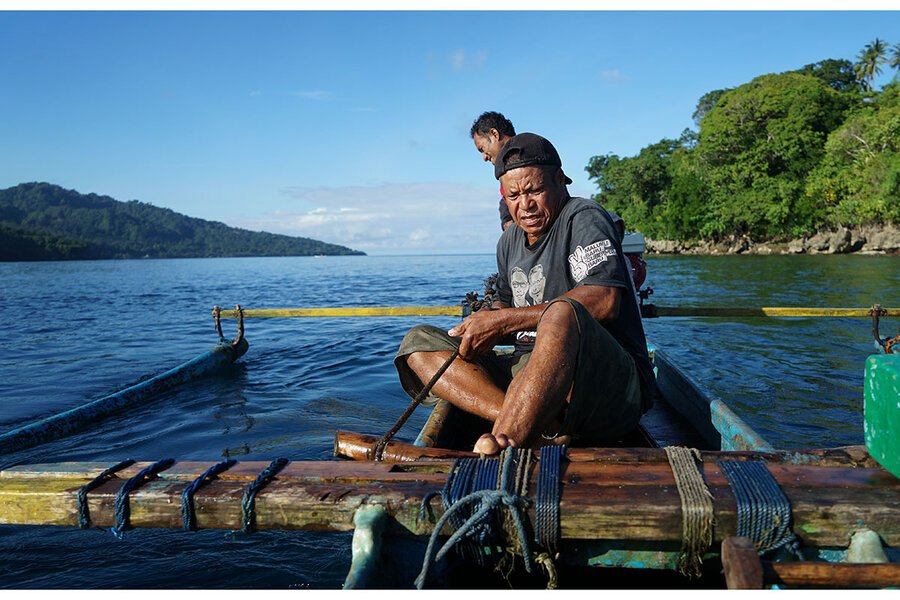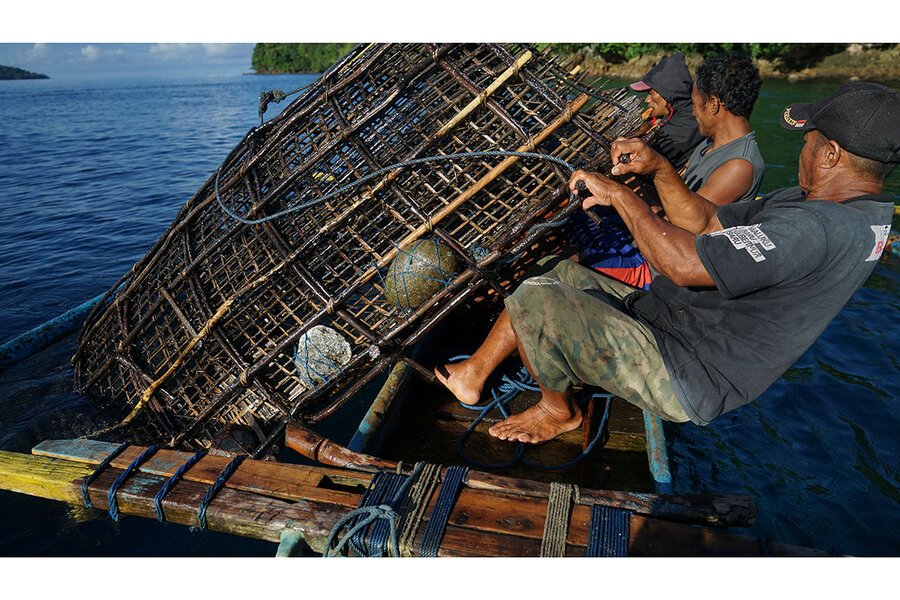







Nature’s bounty has long sustained life on Ambon, an island in eastern Indonesia that was fought over by 17th-century European spice traders. In the village of Asilulu, the richest bounty was found at sea, where most residents made a living from catching tuna. That is, until a rapidly warming ocean slashed the daily catch.
As tuna migrated to cooler waters, fishermen faced longer journeys to catch them. When they tried to adapt, their business model couldn’t keep up, and today most have abandoned their traditional livelihood. Some have switched to coral reef fishing. Others have turned their backs on the sea.
Their challenge is emblematic of the increasingly tough choices faced by many communities that depend on fish stocks and other natural resources that are being disrupted by climate change. From their perspective, it is the richer industrialized countries whose greenhouse gas emissions have led the planet down a perilous path from which there is no respite.
Climate change is ... a cumulative result of global human activities,” says Aminuddin Mane Kandari, an Indonesian environmental scientist. “But the ones who first face the impacts are vulnerable communities.”
(Assignment for International Women’s Media Foundation and The Christian Science Monitor: When climate adaptation fails, who is responsible? Indonesia is asking.)